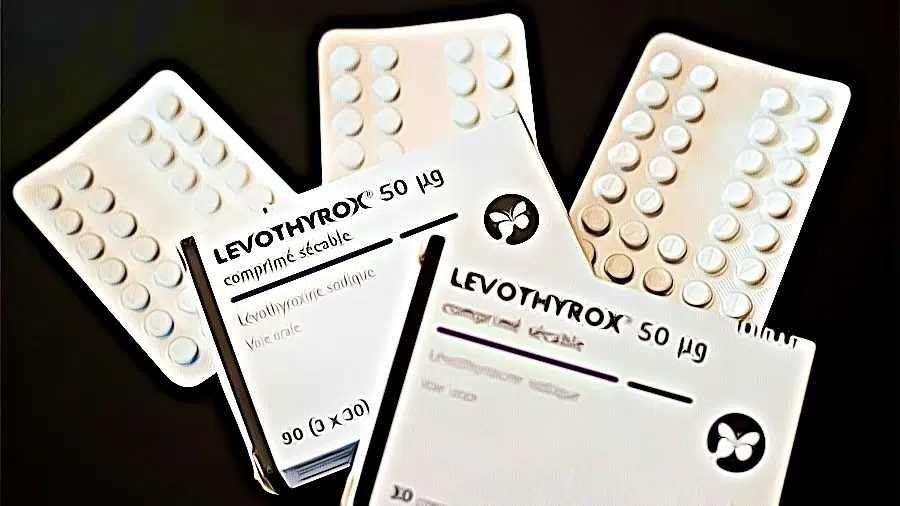Levothyroxine, a synthetic thyroid hormone, is prescribed to individuals suffering from hypothyroidism—a condition where the thyroid gland fails to produce enough thyroid hormone. The dosage of this medication is pivotal, as too much or too little can lead to undesirable side effects. Determining the right dosage often depends on several factors, one of which is a patient’s weight. In this article, we’ll delve deep into the connection between weight and levothyroxine dosage, providing insights through a comprehensive dosage chart.
Understanding Levothyroxine
Before we jump into the dosage chart, it’s crucial to understand the basics of levothyroxine. This medication replaces or provides more thyroid hormone, which is naturally produced by the thyroid gland. It’s essential for maintaining normal mental and physical activity. In children, thyroid hormone helps ensure normal mental and physical development.
Levothyroxine Dosage Chart By Weight
Here’s a general guideline on levothyroxine dosage based on weight. It’s essential to note that these are average recommendations. A patient’s specific dose might vary based on other factors like age, overall health, and the severity of hypothyroidism.
- Under 50 kg (110 lbs): 50-100 mcg/day
- 50-70 kg (110-154 lbs): 75-125 mcg/day
- 70-90 kg (154-198 lbs): 100-150 mcg/day
- 90-110 kg (198-242 lbs): 125-175 mcg/day
- Above 110 kg (242 lbs): 150-200 mcg/day
While weight provides a starting point, doctors often adjust the dosage based on blood tests that measure thyroid hormone levels.

Factors Affecting Dosage
Apart from weight, there are various factors that can influence the correct dosage of levothyroxine:
- Age: Older patients, especially those over 50 or those with heart diseases, often start with a lower dose.
- Pregnancy: Pregnant women might need a higher dosage due to increased hormone requirements.
- TSH Levels: The Thyroid Stimulating Hormone (TSH) level in the blood is a primary indicator. If TSH is high, it implies that the body needs more thyroid hormone, thus necessitating a higher levothyroxine dose.
- Absorption Factors: Some foods and medications can affect how levothyroxine is absorbed in the body. For instance, calcium supplements, iron supplements, and certain antacids might reduce absorption.
Safety and Side Effects
While levothyroxine is safe for most individuals when taken as prescribed, it’s essential to be aware of potential side effects. Overdosage can lead to symptoms of hyperthyroidism, including rapid or irregular heartbeat, nervousness, irritability, and weight loss.
Regular monitoring through blood tests is crucial to ensure that one is on the right dosage. If side effects are observed, consult a doctor immediately.
Final Thoughts
Determining the right levothyroxine dosage is a delicate balance, and weight provides a critical metric. However, it’s merely a starting point. Regular monitoring, understanding factors affecting dosage, and being vigilant about potential side effects are all integral to optimal treatment.
For a more in-depth understanding of levothyroxine and its clinical applications, refer to this research article from the U.S. National Library of Medicine.
Note: Always consult with a healthcare professional regarding medical treatments and dosages. This article provides general information and is not a substitute for professional advice.
Source: https://medlineplus.gov/druginfo/meds/a682461.html

